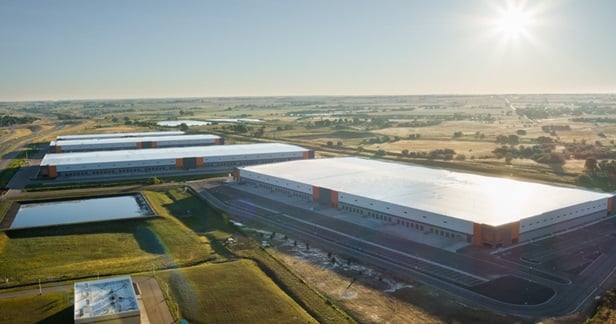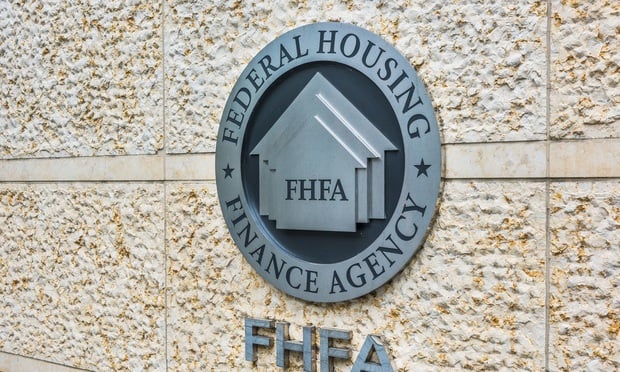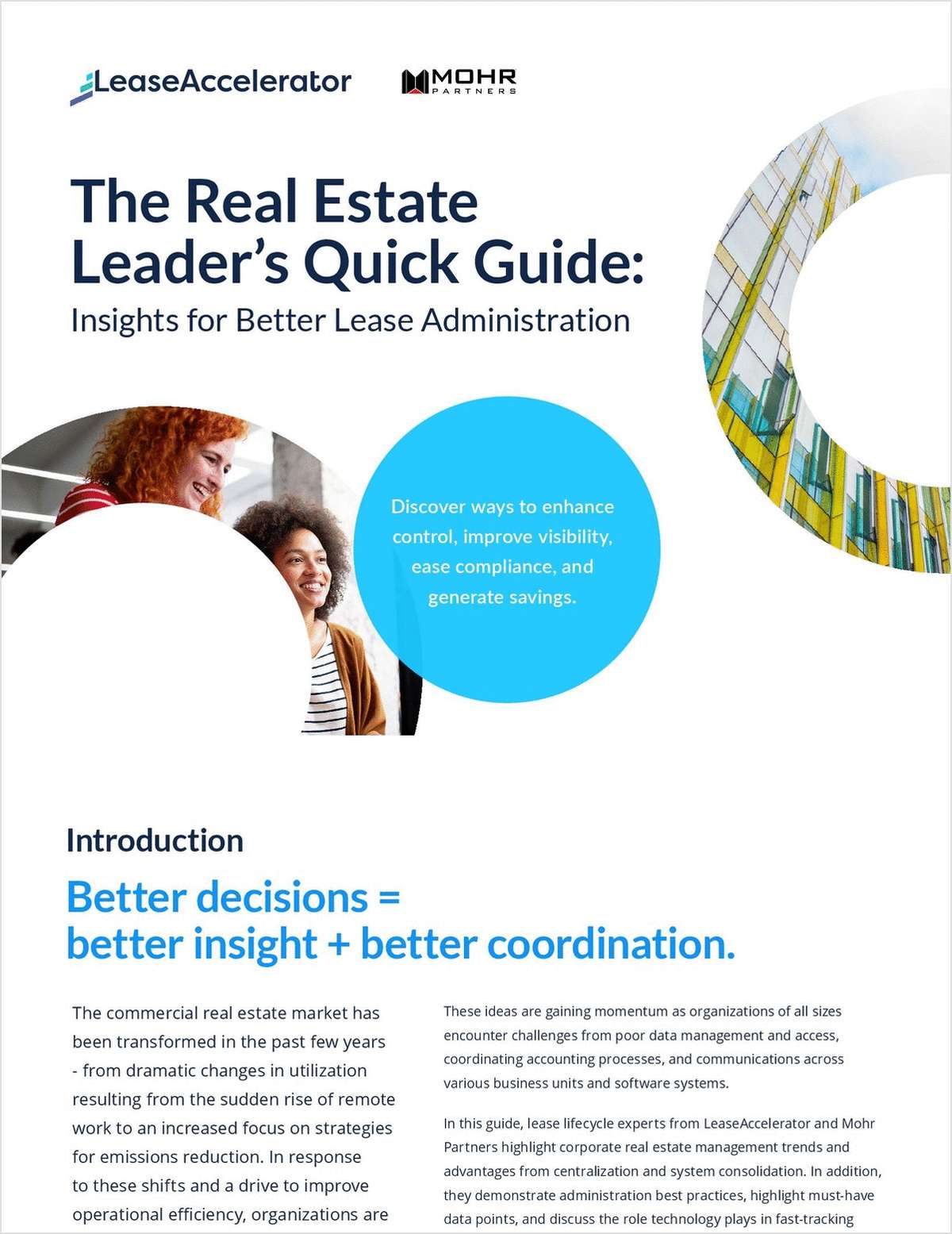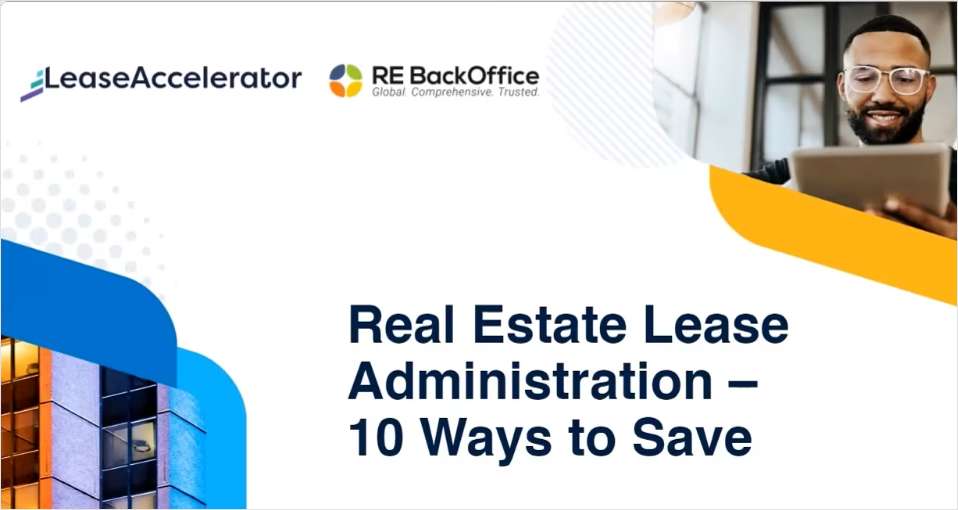MIAMI—Anyone who has seen a Halloween costume store or a Christmas decoration store is familiar with “pop up” retail. Eric Rapkin, a shareholder in Akerman Senterfitt's Fort Lauderdale office says it's not just for Halloween and Christmas anymore.
“Prior to the Great Recession, when retail real estate was white hot, landlords had waiting lists of tenants willing to sign long-term leases for vacant space, and did not have much incentive to sign leases for temporary stores,” Rapkin tells GlobeSt.com. “But with the high vacancy rates, landlords became much more willing to sign temporary retail leases in order to create operating income from space that would otherwise have sat fallow.
From the point of view of the retailer, he says, pop ups became attractive because of the limited time and expense that would need to be committed in order to negotiate a lease and then fixture, open, and operate a temporary store, as compared to a “regular” store. And pop ups are not just for local “mom and pop” retailers without the financial wherewithal to operate a regular retail store.
Continue Reading for Free
Register and gain access to:
- Breaking commercial real estate news and analysis, on-site and via our newsletters and custom alerts
- Educational webcasts, white papers, and ebooks from industry thought leaders
- Critical coverage of the property casualty insurance and financial advisory markets on our other ALM sites, PropertyCasualty360 and ThinkAdvisor
Already have an account? Sign In Now
© 2024 ALM Global, LLC, All Rights Reserved. Request academic re-use from www.copyright.com. All other uses, submit a request to [email protected]. For more information visit Asset & Logo Licensing.








